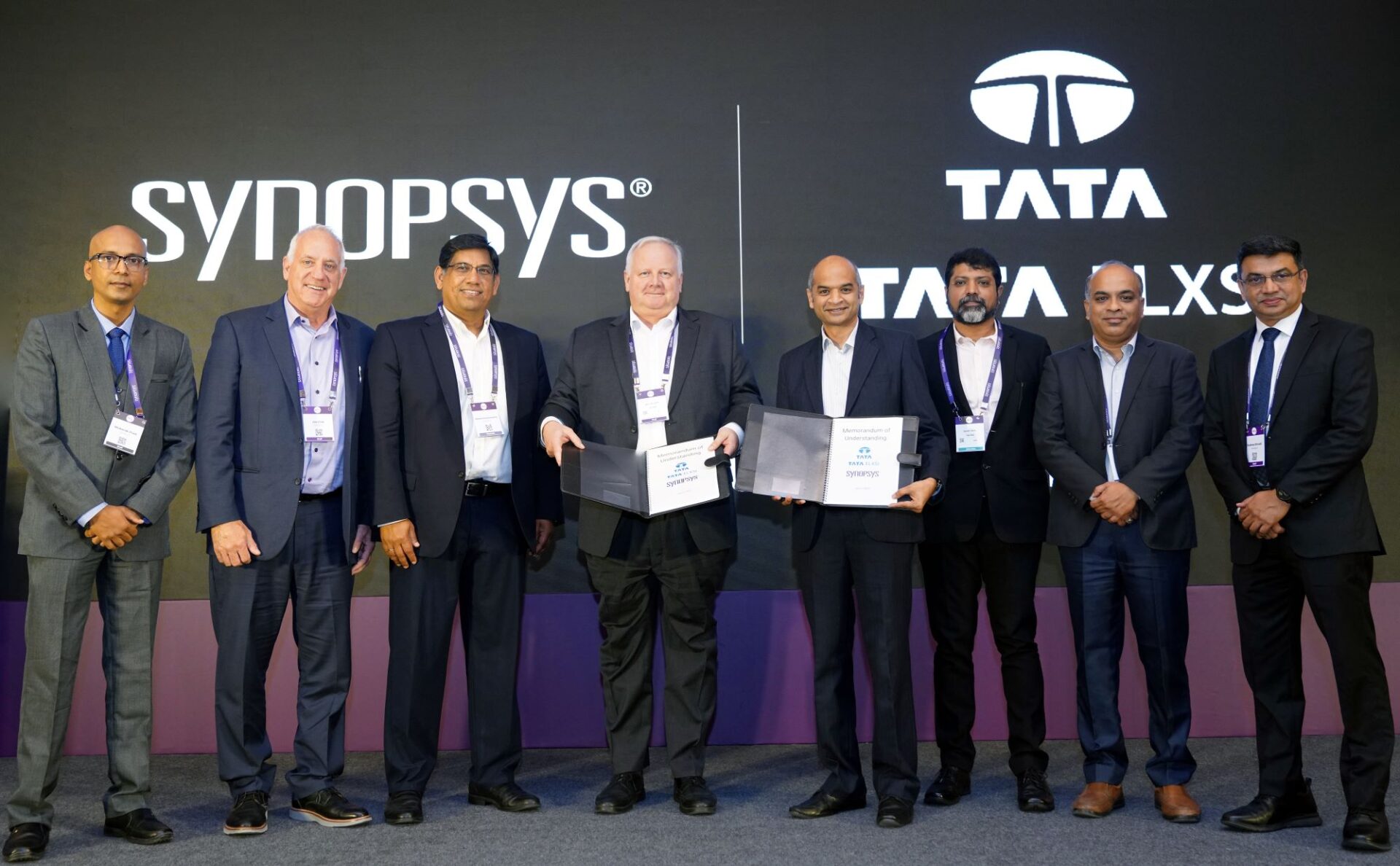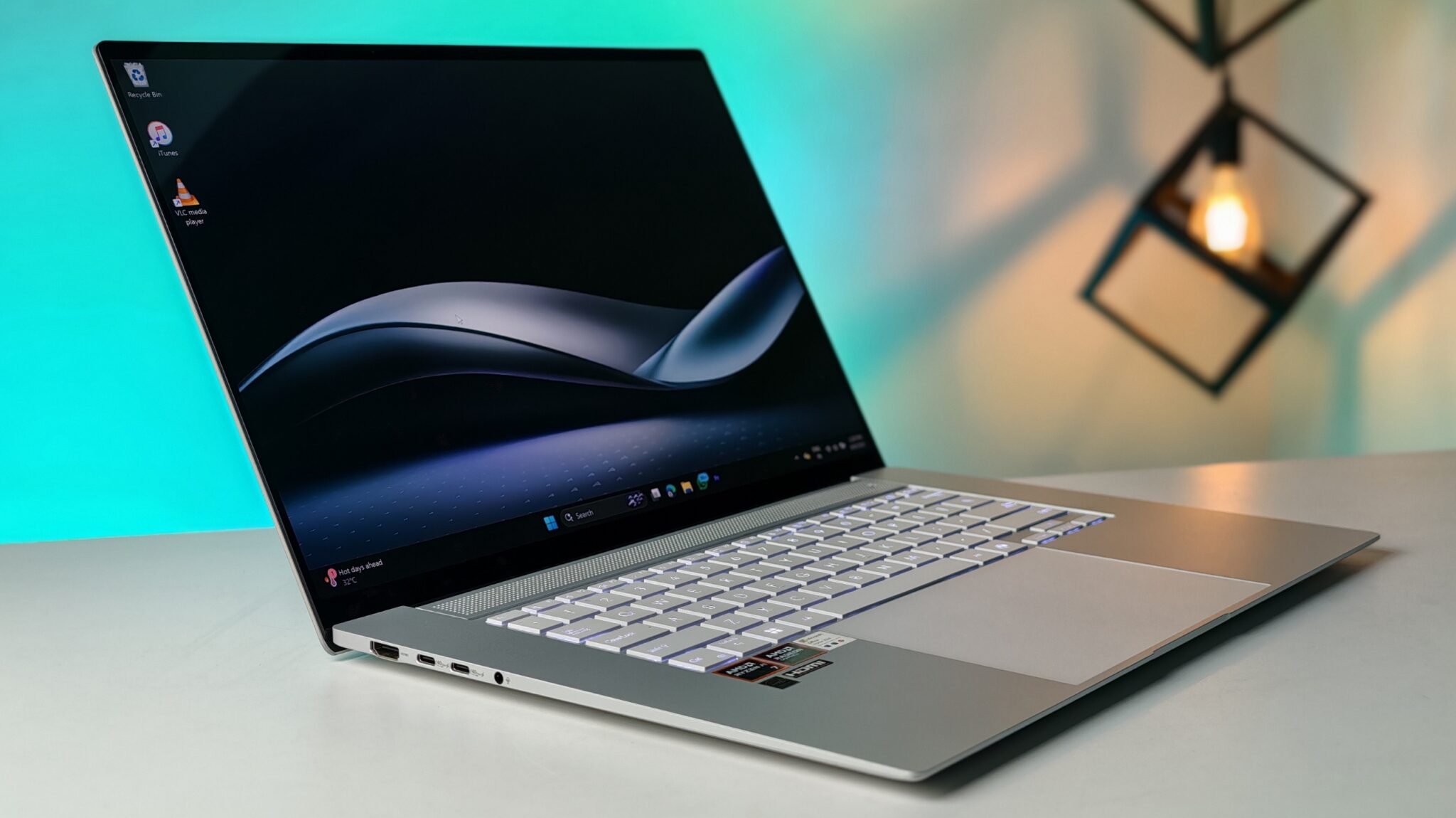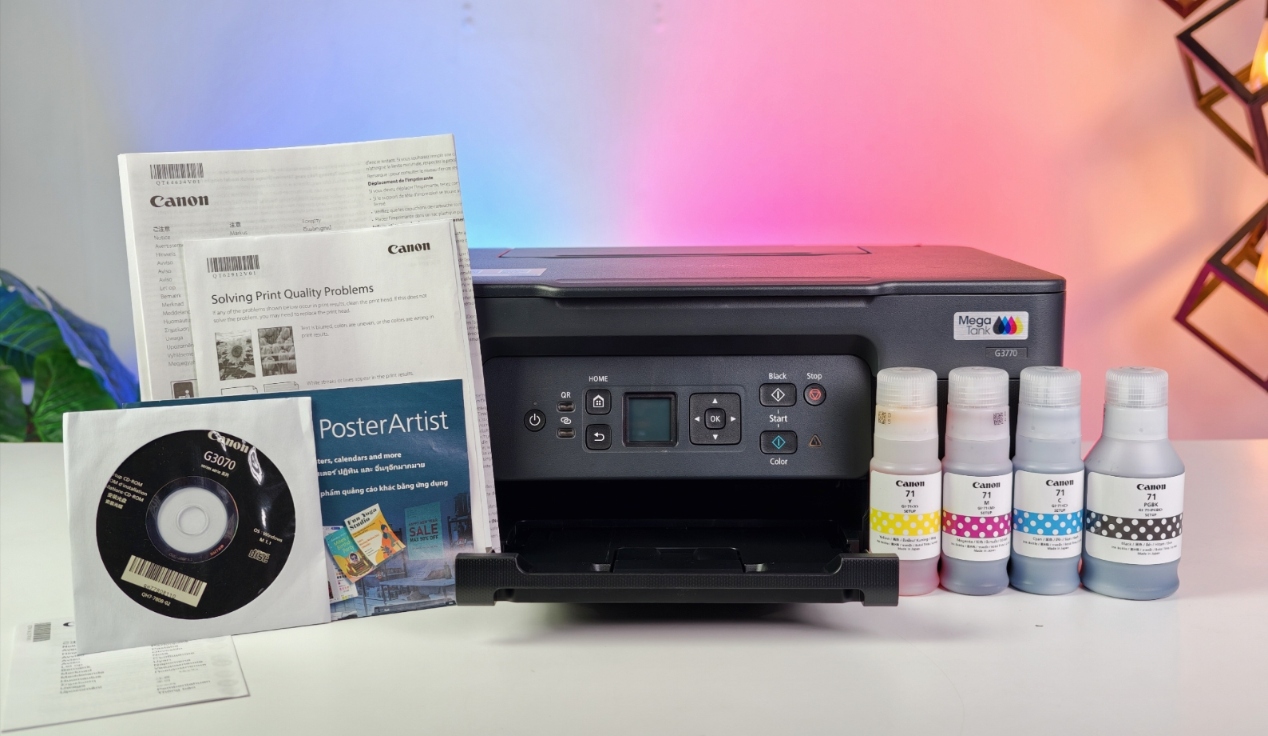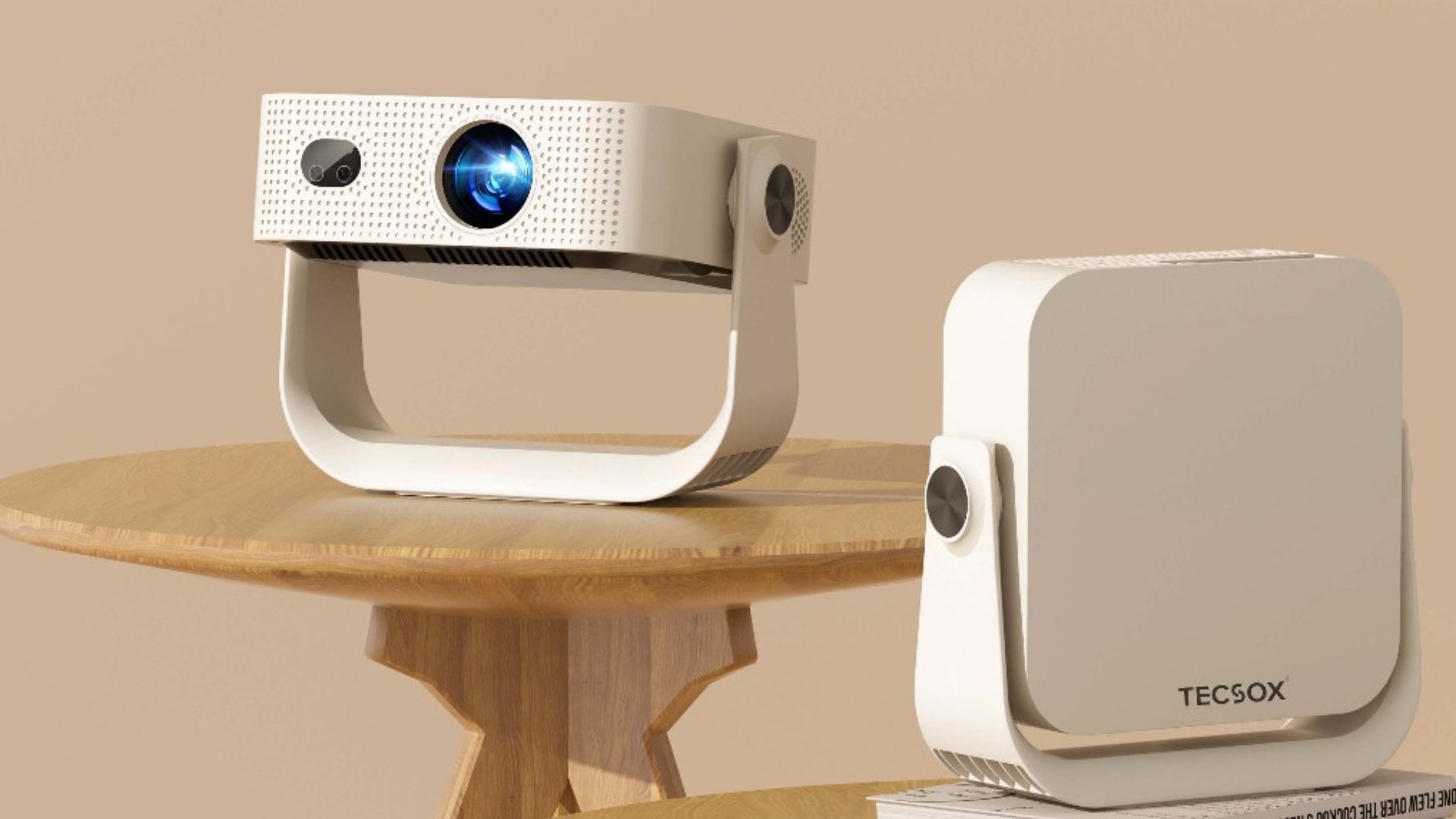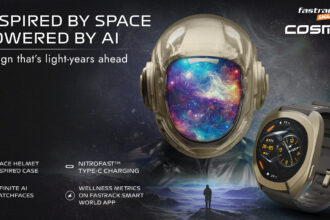Tata Elxsi, a global leader in design and technology services, and Synopsys, renowned for its silicon-to-systems design solutions, announced a new collaboration today. The partnership, formalized through a Memorandum of Understanding (MoU) signed at the SNUG India 2025 event in Bengaluru, is focused on developing advanced automotive virtualization solutions.
Key Takeaways:
- Tata Elxsi and Synopsys are collaborating on cutting-edge automotive virtualization.
- The focus is on virtual electronic control units (vECUs) for software-defined vehicles (SDVs).
- The partnership aims to speed up software development and testing, reduce costs, and minimize risks in production timelines.
- The solutions will span various vehicle domains, such as powertrain, chassis, and central compute.
- They will also explore electronics digital twins for multi-ECU systems.
Together, Tata Elxsi and Synopsys are set to offer customers integrated, pre-verified solutions and services that simplify the design and deployment of vECUs. These virtual units are pivotal for efficient software development and testing in the era of software-defined vehicles.
Tata Elxsi brings its engineering expertise in embedded systems and integration, while Synopsys contributes its industry-leading virtualization tools. More than 50 global automotive OEMs (Original Equipment Manufacturers) and Tier 1 suppliers are already utilizing Synopsys’ solutions to reduce complexity and costs, improve software quality, and minimize production timeline risks.
The companies are already collaborating with several global customers. These projects include enabling vECUs, software bring-up, board support package (BSP) integration, and early-stage software validation. The solutions are being applied to areas such as powertrain, chassis, body control, gateway, and central compute systems. This approach allows customers to simulate real-world scenarios, validate software early in the process, and reduce dependency on physical prototypes.
Looking to the future, Tata Elxsi and Synopsys plan to deepen their exploration of electronics digital twins for multi-ECU systems, further advancing the deployment of application-specific solutions.
Sundar Ganapathi, Chief Technology Officer of Automotive at Tata Elxsi, commented that the partnership addresses the evolving nature of vehicle development. With OEMs increasingly moving away from traditional methods, he emphasized the rising need for engineering services that are closely integrated with virtualization tools. This collaboration positions them to meet this shift with a deep focus and strong domain expertise.
Marc Serughetti, Vice President of Product Management & Markets at Synopsys, noted that the shift to software-defined vehicles demands advanced virtualization solutions. He highlighted that Synopsys’ leadership in automotive electronics digital twins, combined with Tata Elxsi’s engineering experience, will simplify the adoption of vECUs. This, in turn, will accelerate software development and testing, ultimately improving quality and time to market.
Tata Elxsi is a leading global provider of design and technology services across industries, including automotive, broadcast, communications, healthcare, and transportation. The company collaborates with top automotive OEMs and suppliers on R&D, design, and product engineering. Their expertise spans autonomous, electric, connected vehicle technologies, and software-defined vehicles, backed by a global team of over 13,000 engineers and specialists.
FAQs about Automotive Virtualization and SDVs:
Q: What is a Software-Defined Vehicle (SDV)?
A: An SDV is a vehicle where many of its functions and features are controlled by software rather than purely mechanical or hardware systems. This allows for updates and new features to be added remotely, making the vehicle more adaptable over time.
Q: What are Virtual Electronic Control Units (vECUs)?
A: vECUs are software models that replicate the behavior of physical electronic control units (ECUs) in a vehicle. They enable software development and testing without needing the actual hardware, helping streamline the process.
Q: Why is virtualization important for automotive development?
A: Virtualization speeds up the development process by enabling earlier and more frequent testing of software. This reduces the need for expensive and time-consuming physical prototypes, helping companies save time and resources.
Q: What are “electronics digital twins”?
A: An electronics digital twin is a virtual replica of an electronic system. It allows engineers to simulate and analyze the behavior of the system in a digital environment, making it easier to predict performance and identify potential issues.
Q: How does this collaboration benefit car manufacturers?
A: The partnership between Tata Elxsi and Synopsys helps car manufacturers reduce development complexity and costs, improve software quality, and mitigate risks associated with vehicle production timelines. By providing advanced virtualization solutions, they enable faster, more efficient software development and testing.


